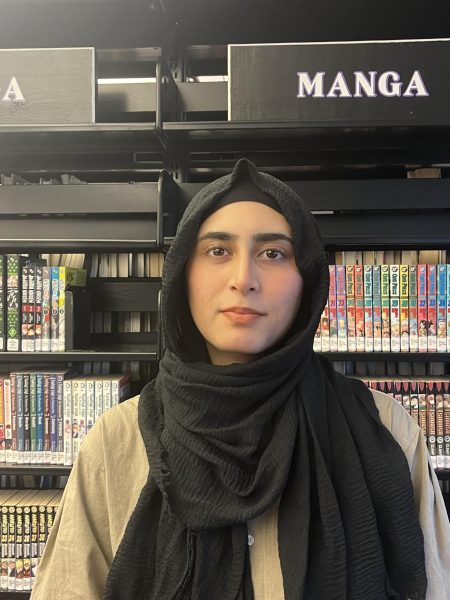Written in 1937, Their Eyes Were Watching God encapsulates the story of a Black American woman living in the early 1900’s. Although the protagonist is first introduced as a young mixed race girl named Janie Mae Crawford, Zora Neale Hurston describes the racial dynamics within ethnic/racial groups, as well as the concurrent oppression of women, liberation from marriage and the journey to self acceptance and independence. Hurston also expands onto the themes of budding sexuality and growing into one’s adult self.
At the onset of the novel, Janie, at 17, is forced to marry an old man (Logan Killicks) after her grandmother sees she is interested in boys. However, after running off with Joe Starks who she meets outside her husband’s farm, Janie feels attracted at first but realizes a bit later on that not everything is as perfect as it seems.
Once she marries businessman Joe Starks, he becomes mayor of Eatonville, an all Black town. He expands the town and overall benefits the people- well, everyone except Janie. Displayed in Hurston’s writing, Joe Starks is revealed to be a very jealous and possessive person. Exploring his caricature is truly fascinating, as one could link his traits to deeper trauma from his past or blatantly relate to the prevalent misogynistic social dynamic at the time. His overzealousness is concretely displayed when he makes Janie tie up her long, beautiful locks and keep her hair hidden in a head wrap. In this context, readers view this as a classic representation of oppressing women, especially in marriages. However, there are some women like me, a hijabi (a woman who wears a head covering), who may not view this in the same exact way.
As someone who started wearing the hijab last year, some questions that others have asked are, “Did someone force you to start wearing the hijab (or headscarf)?” Or, “Did your parents or family members force you to start wearing it?” It’s interesting to see how this ideology of men oppressing women by controlling their appearances is still prevalent in society today and engrained through generations. Of course, my answer is always no; I only chose to be more modest because I wanted to grow closer to my roots, my religion and connect with others who share the same values as I do.
Connecting this back to Hurston’s novel, this theme of oppressing women shows up in another aspect of society. Even today, women are pressured to fit societal standards and be seen exclusively through one lense. In the book, Hurston describes this exhausting feeling Janie experiences when other women gossip and tell lies about her just because she is unconventional. Just because she marries another man after Joe Starks dies, she is shamed for finding her true love, a man named Vergible Woods (Teacake Woods). This brings the other theme of misogyny back into the picture, where men could do whatever they wanted and not really face any backlash whereas women are shunned and face controversy. This is seen in today’s world of fame as well, as most female actresses, pop singers, etc. are highlighted in the news and online more often than their male counterparts.
More on the author herself, Zora Neale Hurston has created a plethora of other works, many also centered around racial struggles. She was born on January 7th, 1891 and died in January of 1960, at the age of 69. She was a major part of the Harlem Renaissance and her writing career was 25 years long. She pridefully attended Howard University, Barnard College and Columbia University, on the path of becoming an author, anthropologist and filmmaker. In fact, Their Eyes Were Watching God became so popular that a film version starring Halle Berry was created and released in 2005. Interestingly enough, she also lived in Eatonville Florida in her younger years and often used it as the setting in her stories. All of her works contain a distinct, diverse style of writing, making her an iconic author and giving a voice to her work. By including extensive symbolism and imagery, she is able to leave a lasting impression on readers such as I, who have come to appreciate her work and the messages she conveys. By highlighting the lives of African Americans throughout history in her novels, Hurston is, and will continue to be, a honored Black author.



























